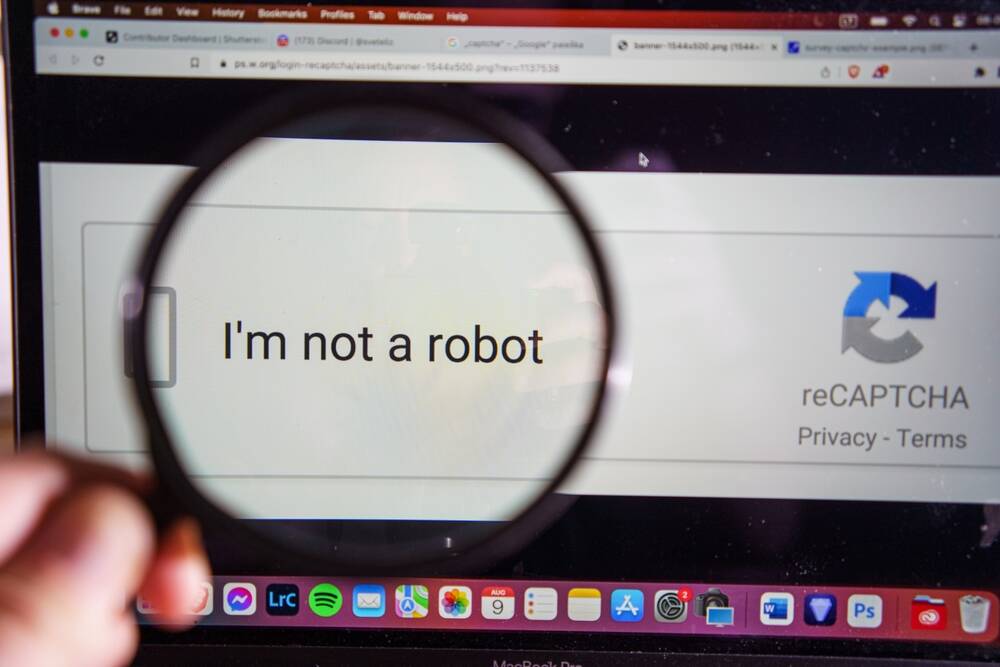- cross-posted to:
- [email protected]
- cybersecurity
- cross-posted to:
- [email protected]
- cybersecurity
Research Findings:
- reCAPTCHA v2 is not effective in preventing bots and fraud, despite its intended purpose
- reCAPTCHA v2 can be defeated by bots 70-100% of the time
- reCAPTCHA v3, the latest version, is also vulnerable to attacks and has been beaten 97% of the time
- reCAPTCHA interactions impose a significant cost on users, with an estimated 819 million hours of human time spent on reCAPTCHA over 13 years, which corresponds to at least $6.1 billion USD in wages
- Google has potentially profited $888 billion from cookies [created by reCAPTCHA sessions] and $8.75–32.3 billion per each sale of their total labeled data set
- Google should bear the cost of detecting bots, rather than shifting it to users
“The conclusion can be extended that the true purpose of reCAPTCHA v2 is a free image-labeling labor and tracking cookie farm for advertising and data profit masquerading as a security service,” the paper declares.
In a statement provided to The Register after this story was filed, a Google spokesperson said: “reCAPTCHA user data is not used for any other purpose than to improve the reCAPTCHA service, which the terms of service make clear. Further, a majority of our user base have moved to reCAPTCHA v3, which improves fraud detection with invisible scoring. Even if a site were still on the previous generation of the product, reCAPTCHA v2 visual challenge images are all pre-labeled and user input plays no role in image labeling.”



deleted by creator
The original reCAPTCHA from Carnegie Mellon University was helping to digitize books. It showed one known word and one unknown word, and if enough people answered the second word with the same answer, that’d be marked as the correct value.
It’s basically always been outsourcing labor while checking. I guess they don’t want to provide that service for free.
But now that it doesn’t work, all it does is attempt to source free labor by refusing to show what you want to see. Cloudflare’s verification doesn’t show the puzzle because it’s not trying to make money off you.
Also, the books one reminds me of 4chan’s attempt to hijack it. Wasn’t a fan of the way they did it, but the intent was interesting.
V3 of the Google one doesn’t always show a puzzle to you. In fact it’s designed to not be noticed by users at all. Whether that is successful or not is a different discussion.
It might well be if it’s being used, but the site itself still uses v2 a lot. I get the picture one a lot when searching things up.
That actually makes me feel all the more strongly that it’s just there to extract free labor— they have something else, but still use v2 for what seems like most purposes
What site?
I assume it’s up to the website owner to implement V3 and not Google. V3 also has puzzles but only when it’s not sure. I rarely see capchas so I don’t really have anything to complain about.
I expect they mean the site google.com, because that’s been my experience. Whenever I get captcha’d there for using a VPN (which is getting more and more common), I always see the Maps image style captcha. Like 60% of the time it tells me I’m wrong anyway and I just give up.
Alright, I don’t use google.com
Yeah my b, I get captcha’d for VPN use. It’s almost always the “train our self driving car” one, and it tells me I’m wrong all the time too. Very frustrating
I believe in that for years and haven’t seen any evidence or even articles dispelling it.